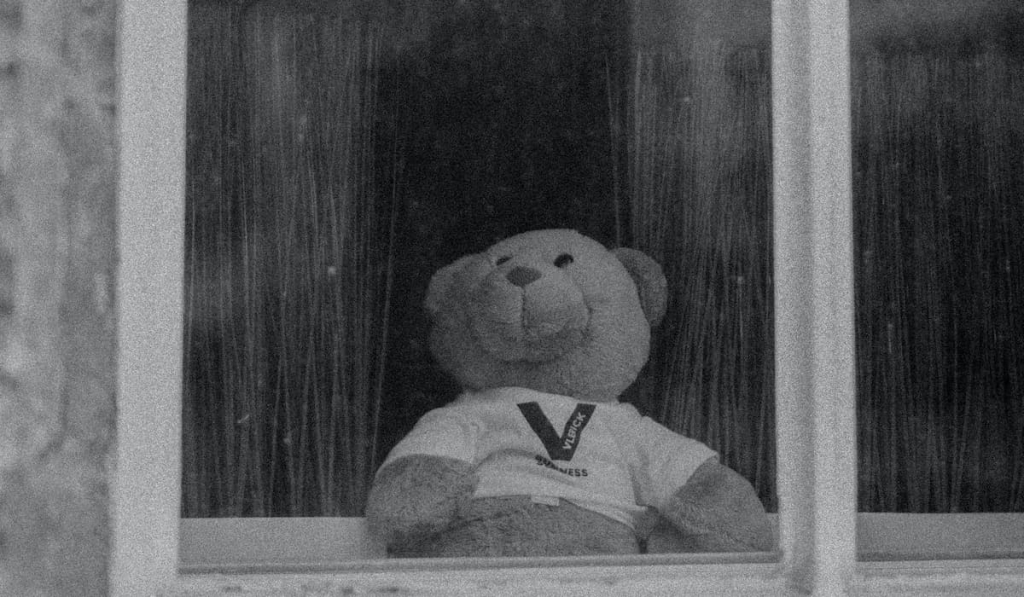Sep 26, 2023
CPNSW Staff
Collaborative Practice
By Alex Namisnyk
At the CP(NSW) training day on 19 May 2023, I had the benefit of participating in the training provided by Christina McGhee and Ellen Bruno. The training started with the screening of the film “Split Up”. The film consisted of interviews with children in their teenage years reflecting on their experiences of separation. By the end of the film, everyone in the room was deeply moved and it was incredible to see the level of insight that the children about their experiences. The children featured in the film ranged the full gamut from those involved in cooperative coparenting relationships, to those involved in high conflict relationships, to those who have had help in navigating the separation and to those who are still struggling. What followed thereafter was a long and fruitful training session and discussion reflecting on the insights the be drawn from these children’s experiences. Perhaps what struck strongest of all was the importance of listening to and focusing on the voice of children. In parenting matters where children are at the center, it can be all too often that the children’s voices are sidelined.
“Let them know that there was once love”
How can parents hear the voices of their children?
Generally speaking, parents are (and should be) advised to be cautious about discussing parenting arrangements with their children. The risks of doing so are clear. It risks placing children in the center of conflict between the parents and placing undue pressure on them. The reality for many children is that they will not want to disappoint their parents or say anything to upset them and if asked about what parenting arrangements they want, will say what they think their parent wants to hear and sideline their own views.

In litigation, in order to protect from these risks, the children’s voices are filtered through an Independent Children’s Lawyer, or reports from independently appointed health professionals such as the Child Impact Report or Family Report provided through the Court Children Services or a Chapter XV Expert Report funded privately by the parties. Whilst reports such as these provide a mechanism through which parents can listen to the voices of their children in a manner that is safer for the children, experience shows that these voices are often left unheard as parties instead read the Report strategically, focusing instead on what parts might advantage their case and how to discredit any parts that disadvantage their case. It can also often be the case that by the time the children speak to the expert, they are acutely aware of the proceedings and feel significant pressure about expressing their own views.
“To be told you’re just a kid, you know don’t worry about it, was kind of annoying”
However, this is not the only way that parents can hear their children’s voices in a way that prioritises their safety. The child inclusive process, usually conducted during mediation prior to or outside of Court proceedings, allows for a sensitive mechanism for the children’s voices to be communicated to their parents. The process is managed through an appropriate health professional without the specter of Court litigation. It is flexible, confidential and no written report is provided. Instead, the health practitioner guides the parents through what the children have communicated sensitively and in a way that allows the parents to focus more on what the children have to say than how to reach their desired outcome.
Nevertheless, the child inclusive process is not going to be suitable for all families. This is where something like the film Split Up can be a useful tool for legal practitioners assisting their clients. There is a tremendous amount of power in directly hearing children speak about their experiences of separation. Whilst everyone’s circumstances are different, the insights that the children share in the Split Up film can really help parents refocus and reflect on the impacts their behaviours might be having on their children. Sometimes it is easier to hear from other people’s children than your own. Whilst similar films featuring children recounting their experiences of separation are shown to parents when they go through the mediation process through Relationships Australia or undertake parenting courses, there are many that miss this opportunity. As such, something such as the Split Up film is a helpful tool to keep in the back of a practitioners mind when trying to help their client and pivot their focus to the needs of their children. It may be just the thing to get a client to take pause and think about the impact their conflict and feelings are having on their children.
“She has this hate….like the nail is there. She keeps hitting it. You know, I get it”

A voice for legal practitioners to listen to
Whilst there are numerous mechanisms for children’s voices to be heard by parents, the same cannot be said for the legal practitioners assisting them. Unless the practitioner is an Independent Children’s Lawyer, their only experience of the children’s voice is likely to be filtered through a Child Impact Report or Family Report. We as practitioners, never hear the voices of children talking about their experiences of separation. The child inclusive process (appropriately) excludes solicitors from the sessions where the practitioner feeds back the children’s voices to the parents. Unless we’re involved in collaborative practice, the only voice we hear from those involved in the dispute is the voice of our client. The risk of getting caught up with your client’s side of the case to the exclusion of the children’s voice is very real. Reflecting on my experiences with my fellow practitioners at the training session for Split Up, everyone in the room shared a lot of insight as to how their practice can be conducted in a way that places the child’s needs and safety at the center after hearing the children from the film speak directly about their experiences of separation. For any legal practitioner who advises clients in parenting matters, films like Split up are essential viewing.
If you would like to know more about how to access and share Split Up, then please contact [email protected]. If you would like to know more about the child inclusive process, you can contact fellow committee member Bianca Roche-Bolger at [email protected].


